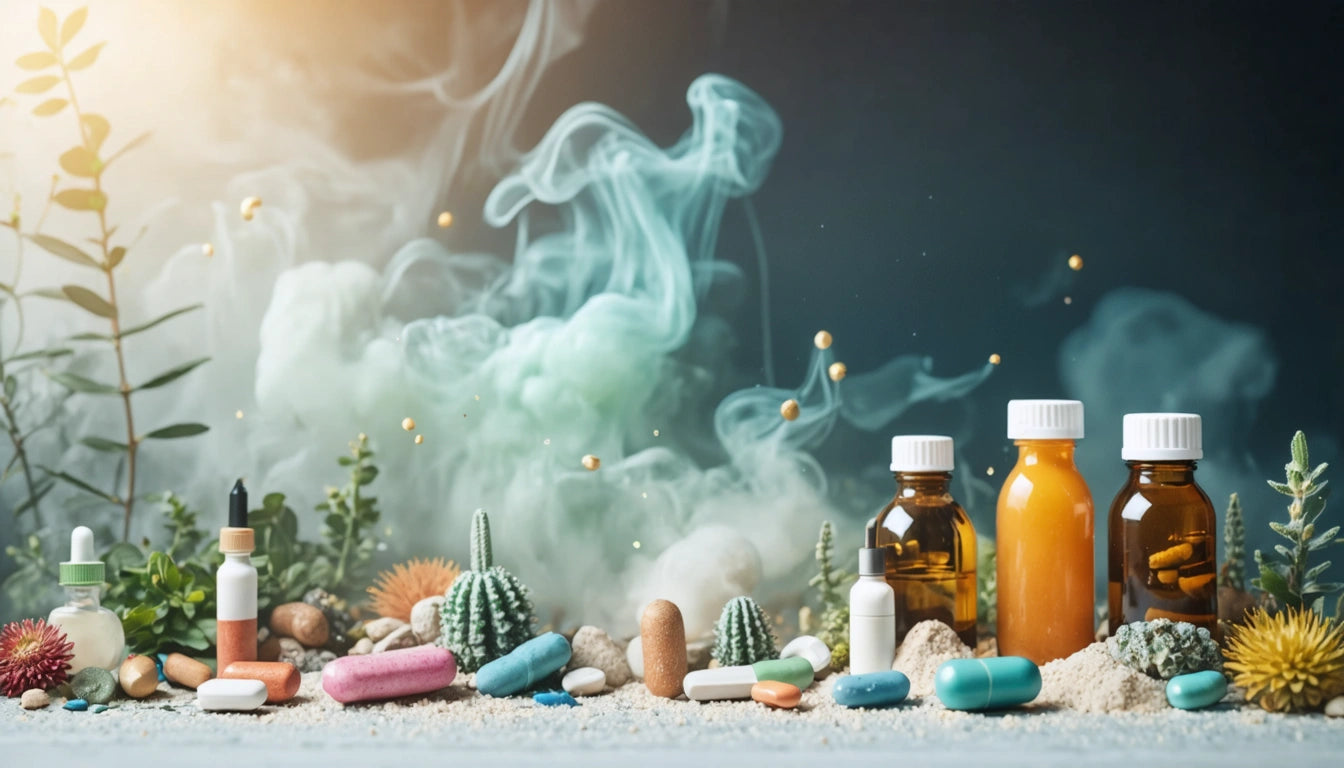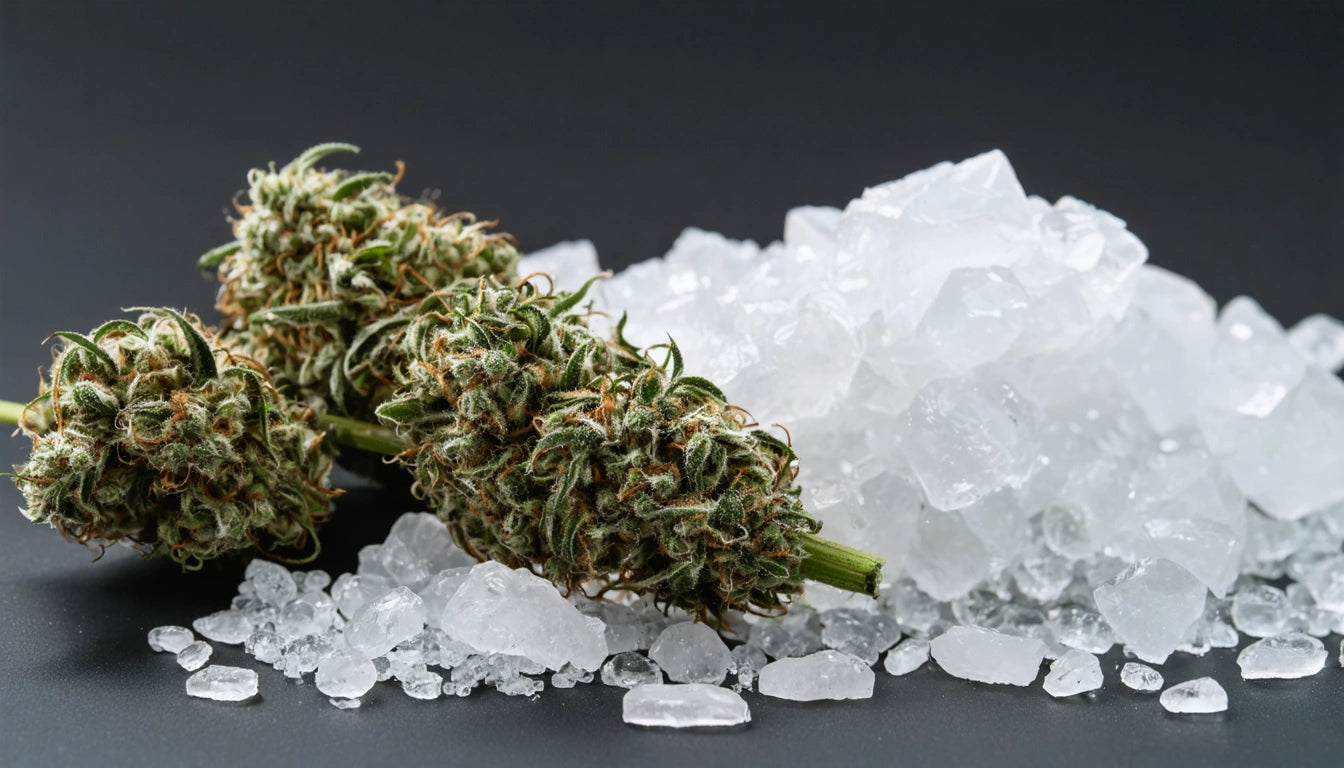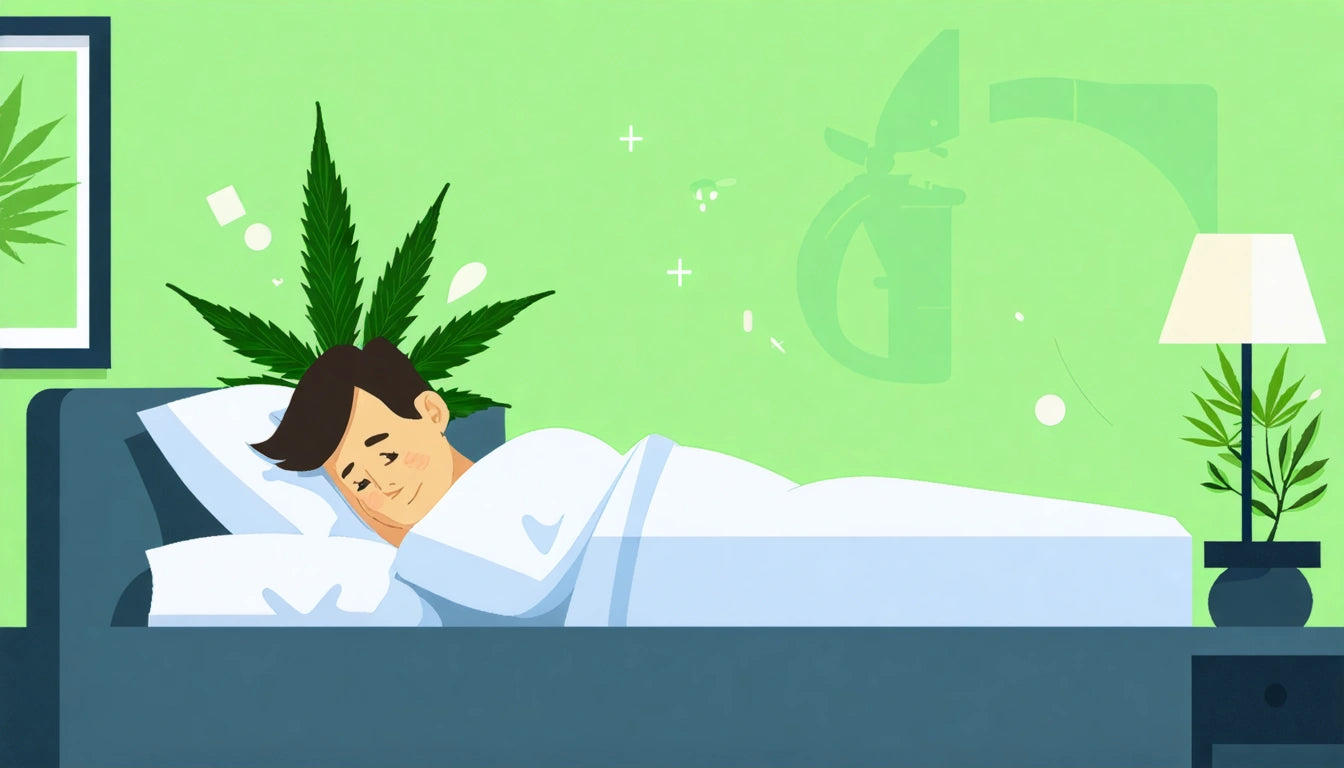Why Do I Feel High Without Using Drugs? Understanding Altered States of Consciousness
Experiencing a sensation similar to being high without consuming any substances can be confusing and sometimes concerning. Many people report feeling disconnected, euphoric, or mentally altered despite being completely sober. These experiences are more common than you might think and have various explanations ranging from physiological processes to psychological states.
Natural Altered States of Consciousness
The human brain naturally experiences various states of consciousness throughout the day. These states can sometimes mimic the sensations associated with cannabis or other substances. Understanding these natural variations helps explain why you might feel high when you're not.
Endocannabinoid System Activity
Our bodies produce endocannabinoids, which are similar to the compounds found in cannabis. When these natural chemicals surge, they can create sensations resembling a mild high. Activities like exercise, meditation, or even eating certain foods can trigger their release. This system plays a crucial role in regulating mood, appetite, and sleep patterns, similar to how cannabis affects different people uniquely.
Runner's High and Natural Euphoria
Intense physical activity can produce a state known as "runner's high," characterized by euphoria and reduced anxiety. This occurs when your body releases endorphins and endocannabinoids during exercise. The sensation can feel remarkably similar to being high, with many athletes describing a pleasant altered state of consciousness during or after workouts.
Physical Causes of Feeling High
Several physical conditions can create sensations that mimic being high. Recognizing these factors helps distinguish between normal bodily functions and potential health concerns.
Sleep Deprivation Effects
When you're severely sleep-deprived, your brain functions differently. Many people report feeling disconnected, experiencing perceptual changes, or having trouble concentrating, asking themselves, "am I high or sleepy?" After 24+ hours without sleep, these effects can intensify, creating sensations remarkably similar to being high.
Blood Sugar Fluctuations
Hypoglycemia (low blood sugar) can cause lightheadedness, confusion, and altered mental states that some describe as feeling high. Similarly, rapid spikes and crashes in blood glucose can create mood swings and cognitive changes that resemble aspects of a cannabis high.
For those interested in monitoring substances with precision, accurate measurement tools are essential for responsible consumption, helping prevent unexpected or unwanted effects.
Psychological Factors Mimicking High Sensations
Mental states can powerfully influence our perception, sometimes creating experiences that feel like being high without any substance use.
Dissociation and Derealization
Dissociative states involve feeling detached from yourself or your surroundings. These experiences can occur during stress, anxiety, or as symptoms of certain psychological conditions. Many people describe dissociation as feeling "spaced out" or like they're observing themselves from outside their body, similar to what being high feels like for some cannabis users.
Flow States and Deep Focus
When deeply engaged in an activity you enjoy, you might enter a "flow state" where time perception changes and self-consciousness diminishes. Artists, athletes, and others often report that these states feel similar to being high, with enhanced creativity and altered perception. Some people even report they "think clearer when high," which parallels the focused clarity some experience in flow states.
Neurological Explanations
The brain's complex chemistry can create high-like states through various mechanisms.
Neurotransmitter Fluctuations
Dopamine, serotonin, and other neurotransmitters regulate mood and perception. Natural fluctuations in these chemicals can create euphoria, altered perception, or relaxation similar to substance-induced states. Activities like listening to music, eating chocolate, or falling in love can trigger these changes.
Residual Effects from Past Use
Some people experience what feels like being high days or weeks after using cannabis. This phenomenon, sometimes called "flashbacks," may explain why some people report they "still feel high" long after consumption. While usually temporary, these experiences can be confusing when they occur unexpectedly.
Distinguishing Natural Highs from Concerns
While many altered states are harmless, some warrant attention.
- Temporary vs. Persistent: Brief episodes of feeling high are usually benign. Persistent symptoms may indicate an underlying condition.
- Situational Context: Feeling spacey after poor sleep is normal; feeling consistently disconnected without cause may not be.
- Impact on Functioning: Natural highs typically don't significantly impair daily activities.
- Associated Symptoms: Altered states accompanied by severe headaches, vision changes, or confusion require medical evaluation.
Managing Unwanted High Sensations
If you frequently experience unwanted high-like sensations, several approaches may help:
Regular sleep schedules and adequate rest can prevent sleep-deprivation-induced altered states. Balanced nutrition with regular meals helps maintain stable blood sugar levels. Mindfulness practices can help ground you during dissociative episodes. For persistent or concerning symptoms, consulting a healthcare provider is recommended to rule out underlying conditions.
Understanding that our brains naturally experience various states of consciousness helps normalize these experiences. Many people wonder "why do I feel high when I'm not" without realizing how common these sensations are. By recognizing the various factors that can create these states, you can better understand your experiences and determine when they might warrant further attention.











Leave a comment
All comments are moderated before being published.
This site is protected by hCaptcha and the hCaptcha Privacy Policy and Terms of Service apply.